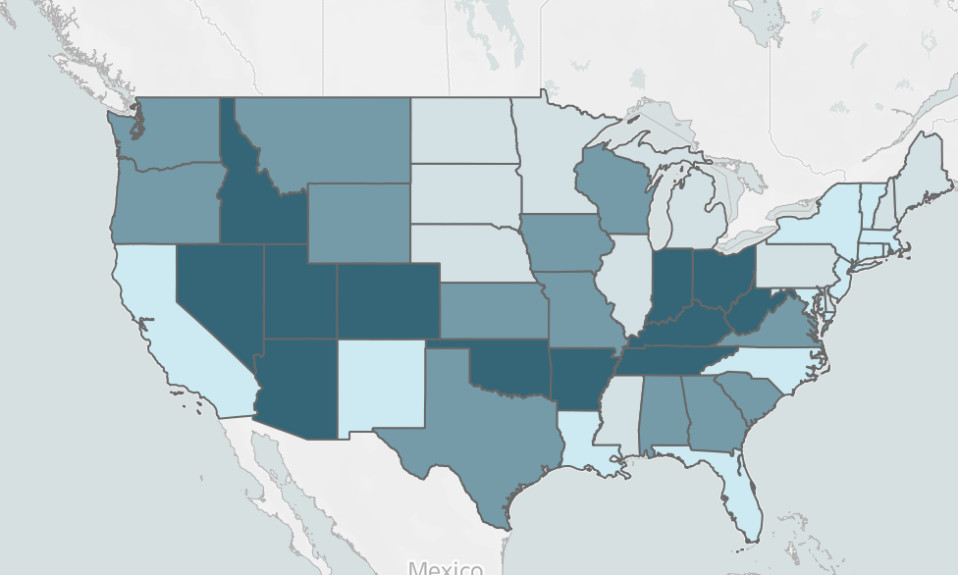A study by two California universities demonstrates the ability of a newly developed app to help keep college campuses tobacco-free
By Jason Langendorf
For college students who prefer to study and live in a campus environment that is free of tobacco use, a new reporting tool shows promise in helping direct social behaviors without confrontation.
A study recently published in the Oxford University Press journal Nicotine & Tobacco Research demonstrated the efficacy of a crowdsourced reporting app, called Tobacco Tracker, in supporting smoke- and tobacco-free (STF) policies on two California college campuses.
“What we found is that the Tobacco Tracker is effective in helping ingrain smoke-free policies into campus life.”
—Elisa Tong, researcher, UC Davis
Surveys were administered to current students, faculty and staff as part of the joint University of California, Davis and California State University San Marcos study, both before and after the implementation of Tobacco Tracker in February 2019. Results showed that awareness of the Tobacco Tracker app to report tobacco use or related litter on campus doubled while use of the tool tripled, from pre- to post-assessment.
“What we found is that the Tobacco Tracker is effective in helping ingrain smoke-free policies into campus life,” said study co-author Elisa Tong, MD, an internist and tobacco researcher at the UC Davis Comprehensive Cancer Center.
How the Tobacco Tracker Works
A GIS mapping tool that collects surveillance reports from users across campus, Tobacco Tracker helps researchers analyze hotspots, increase awareness and enforce STF policy. In the study, researchers wrote that the tool provides an alternative to punitive enforcement and can “address a major barrier to social enforcement: discomfort confronting tobacco users.”

As an incentive, study participants had the option of being entered into a weekly $10 gift card drawing. About 6,000 students responded to pre- and post-assessment surveys, and 1,163 Tobacco Tracker reports were submitted during the evaluation period, from March 2019 to February 2020.
The study’s lead author and principal investigator, Kimberley Pulvers, PhD, a clinical health psychologist and Professor of Psychology at Cal State San Marcos, implied that college campuses should continue to be a key target for STF efforts.
“Campus community members are critical to the success of their smoke- and tobacco-free policies,” Pulvers said. “Almost all adult daily smokers started smoking before the age of 26, making college and university campuses a high priority for these policies.”
Top photo: Gage Walker













